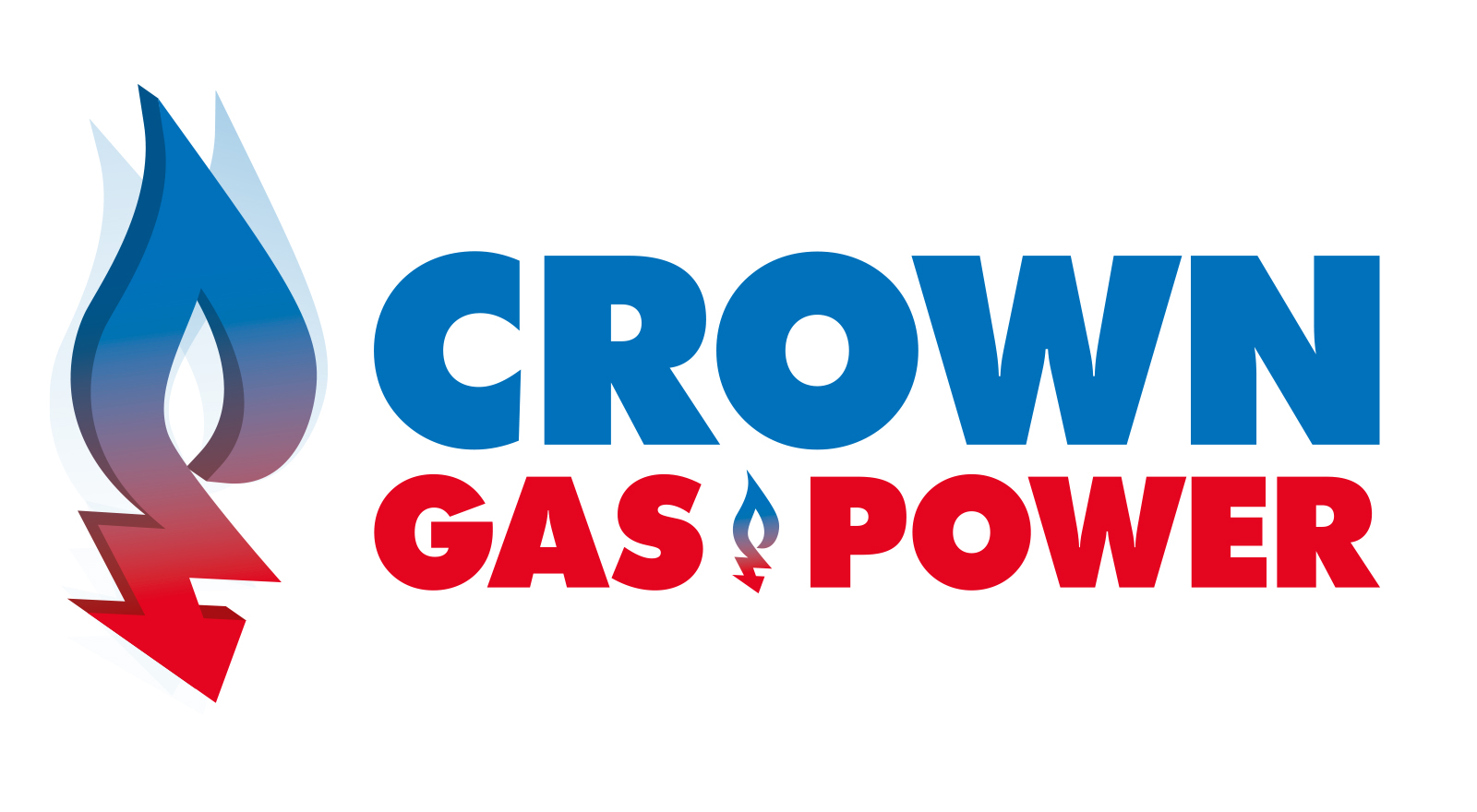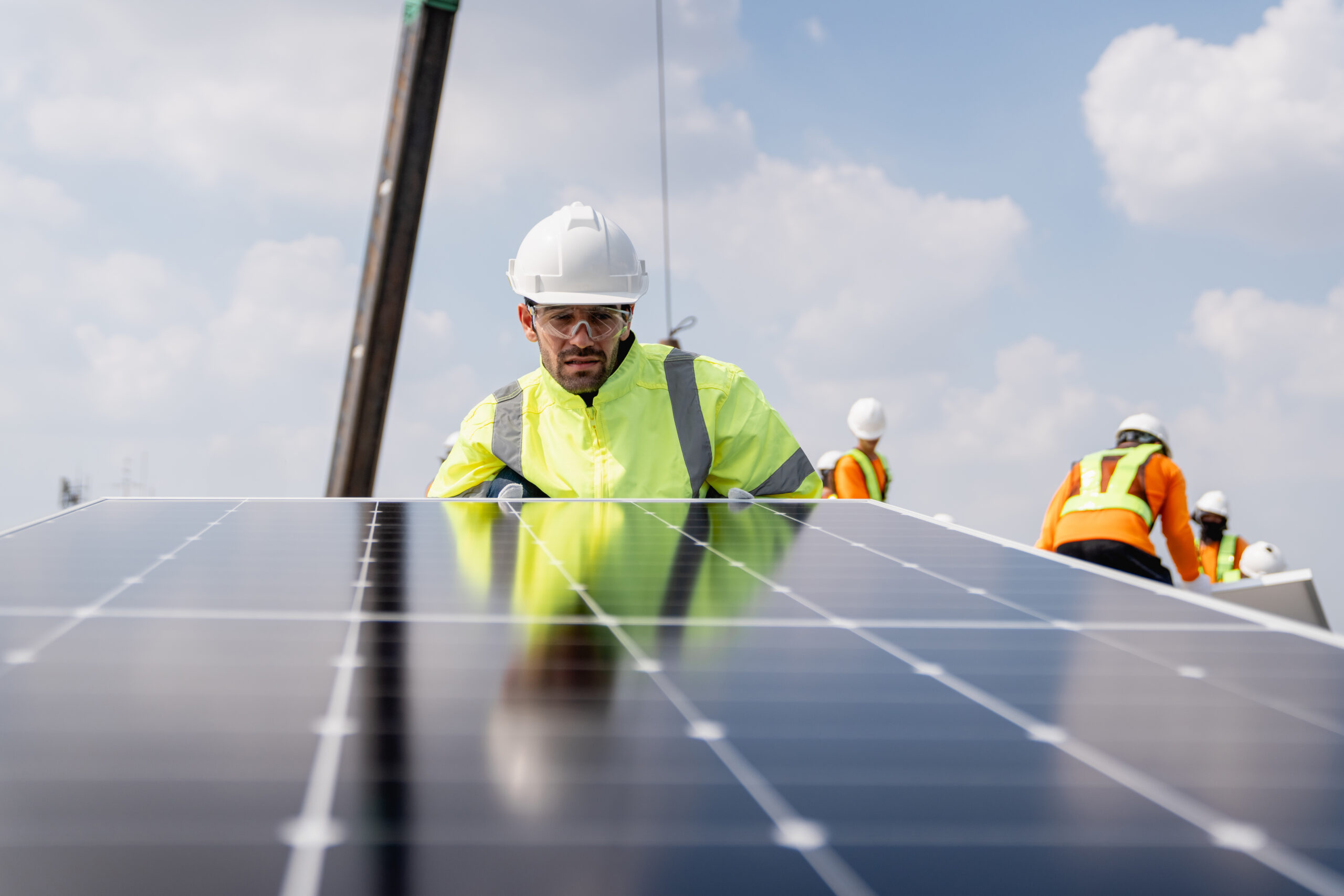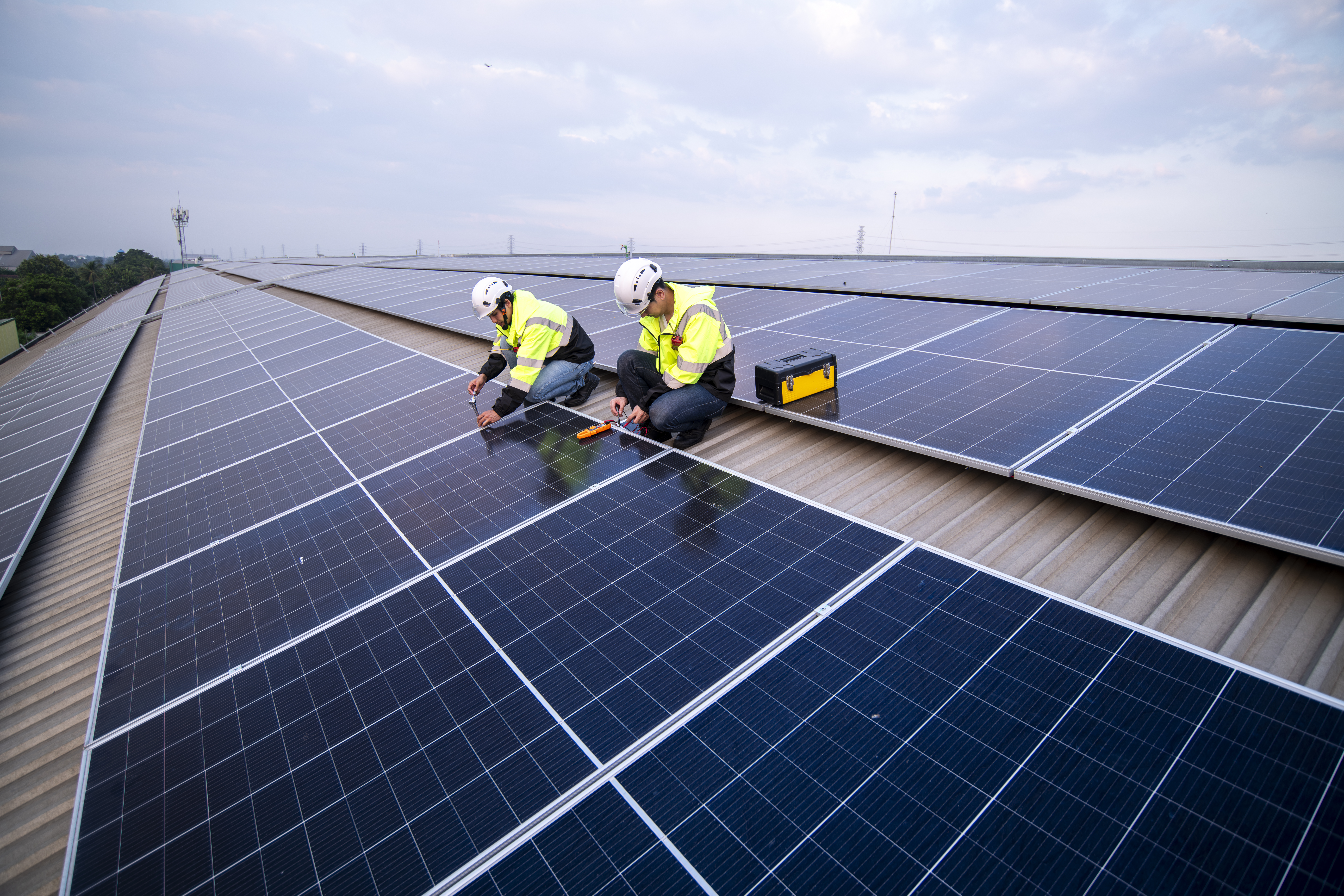Investing in solar energy is one of the most effective ways for businesses to cut costs, boost sustainability, and gain long-term energy security. But while the benefits are clear, the upfront cost of a commercial solar installation can be daunting. Fortunately, there are several financing routes available to make solar more affordable and accessible to all.
Self Financing (CapEx)
Many businesses choose to self finance their solar panels through Capital Expenditure (CapEx). By paying for the system outright, you immediately own the panels and benefit from exporting excess electricity back to the grid, earning revenue through tariffs.
This route typically delivers the strongest financial returns over the lifetime of the panels and can significantly shorten the payback period. It also helps businesses strengthen their resilience and energy independence.
The main consideration, however, is the initial investment required, which can be substantial.
Annual Investment Allowance (AIA)
When a UK business purchases its solar panels outright, they can take advantage of the Annual Investment Allowance (AIA). This allows companies to deduct the full cost of solar installations, up to £1 million each year, from taxable profits.
For most businesses, this means the entire investment can be written off in the same year, easing the upfront tax burden and improving cash flow.
Regional & Sector-Specific Grants
Various grants and incentives are available across the UK to help reduce the net cost of solar installations. These incentives, often delivered by local councils or government bodies, are designed to encourage more businesses to adopt renewable energy. Examples include:
- Wales (Circular Economy Funding): Private and public sector businesses reducing CO₂ emissions may apply for funding (typical values: £200,000/year over two years).
- East Midlands (Invest to Grow): Offers grants up to £250,000 for machinery and solar installations, conditional on creating/safeguarding jobs.
- Local UK Grants (e.g., Scotland): Small grants, sometimes up to £10,000, can support smaller solar projects.
- UK Government: The UK Government has pledged nearly £5 billion to help businesses reach net zero. Their new Find a Grant service makes it easy to search for funding to boost energy efficiency and cut carbon emissions.
Asset Finance
With asset finance, businesses can spread the cost of solar installations over time, using the panels themselves as collateral. This approach provides:
- Cash flow benefits by avoiding large upfront payments
- Tax efficiencies depending on your agreement
- Flexibility in repayment terms
In some cases, monthly repayments may even be lower than your electricity savings, meaning you could be cash positive from day one.
Power Purchase Agreement (PPA)
A Power Purchase Agreement (PPA) allows businesses to install solar panels at no upfront cost. Instead, a third-party provider owns, installs, and maintains the system. In return, you agree to purchase the generated electricity at a fixed rate (p/kWh) over a set period, typically at a lower rate.
This option offers:
- Free installation and maintenance
- Predictable energy costs
- Cheaper electricity than buying from the grid
The trade-off is that you don’t own the panels outright, so you can’t export unused energy back to the grid for additional income.
Green Business Loans
Many major banks now offer green loans tailored to renewable energy projects. These loans often come with:
- Preferential interest rates
- Dedicated sustainability support services
- A demonstration of your businesses commitment to sustainability
Green business loans are a flexible way to access funding without tying up your own capital, while still owning the solar panels outright.
Commercial Solar Installation
If you’re considering solar installation on your commercial property, get in touch with our experts for more information. Or visit our webpage for more information.
Get a Solar Quote > Contact Us >
 My Account
My Account  My Account
My Account 





